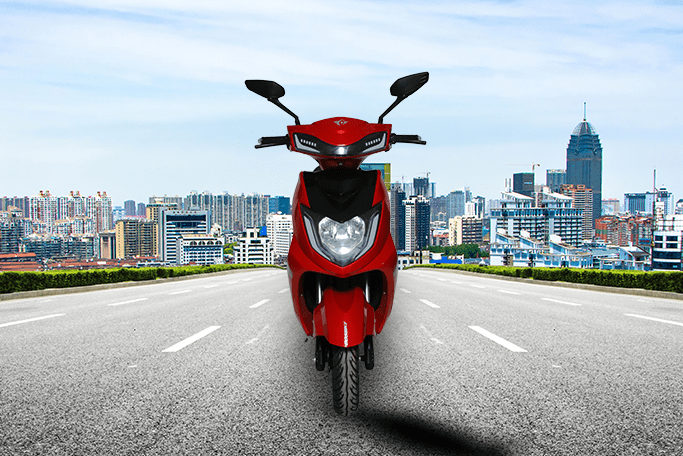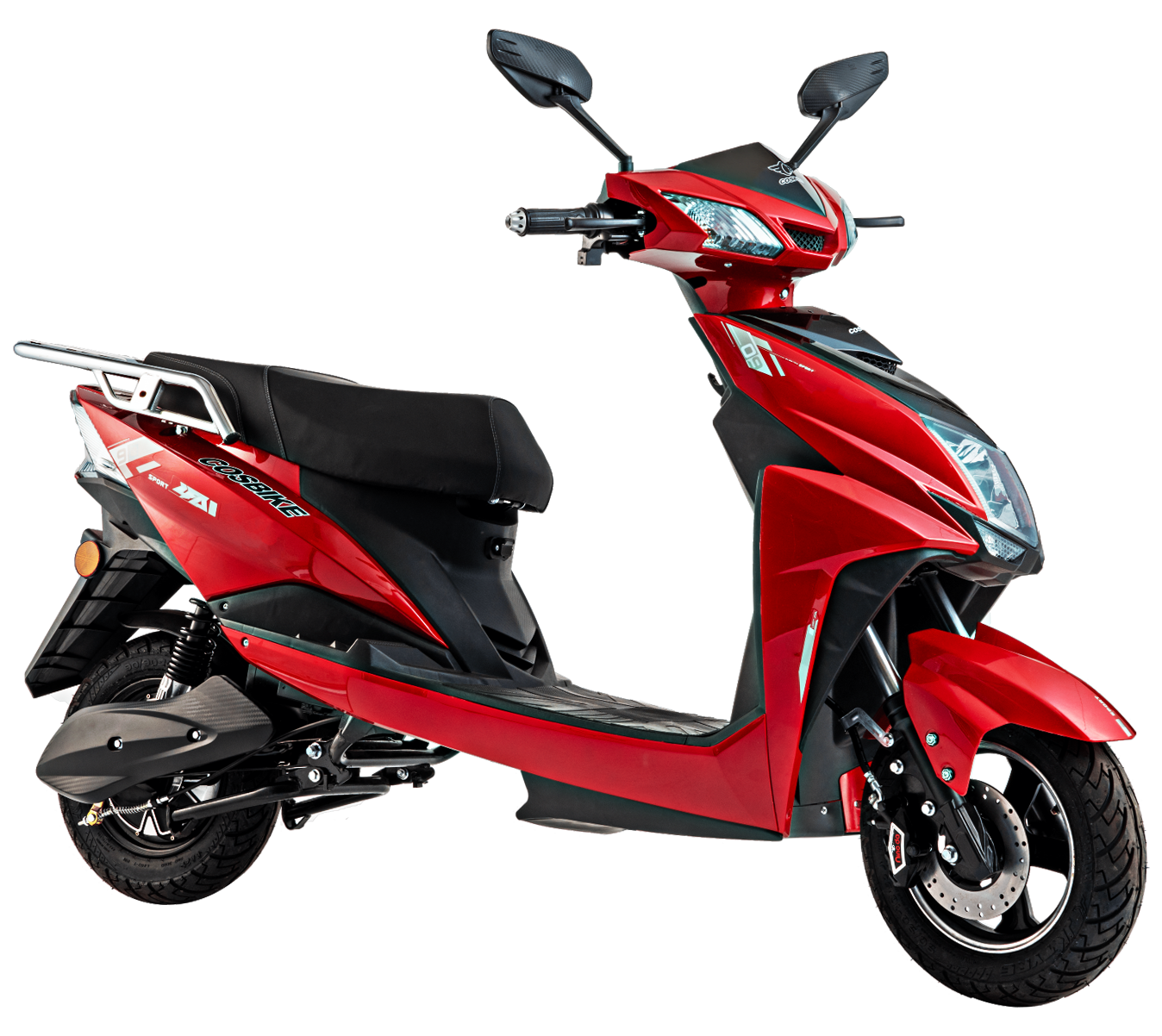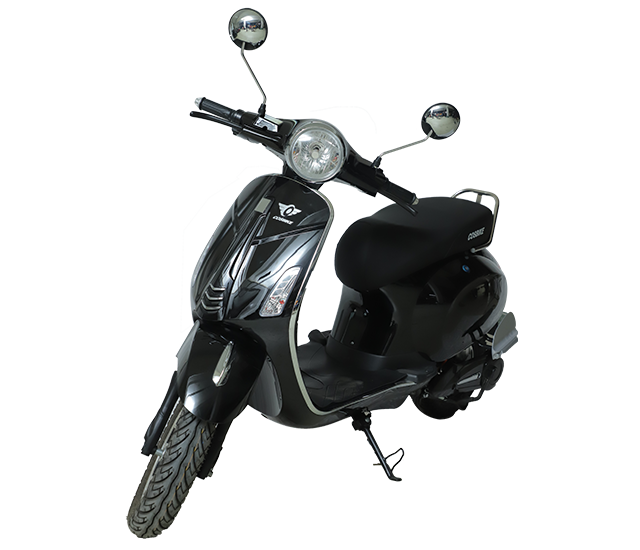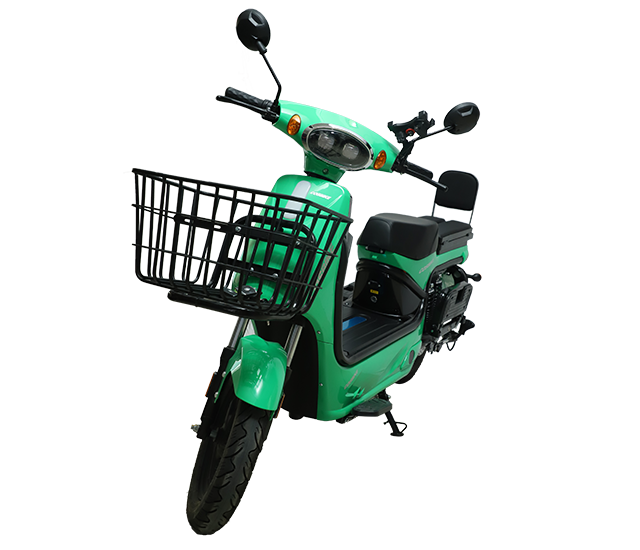Rising urban temperatures and inadequate heat transfer innovation in EV batteries have been blamed by some for the fires. The weather cannot be held responsible, however. It is a common misconception that factors like hot Indian summers or poor thermal strategic planning are to blame for fires in electric vehicles.
Is the lithium-ion power source at fault?
Even though high temperatures and inadequate thermal management systems can have negative effects on battery performance and lifespan, they do not directly cause fires. Today's Li-ion batteries typically shut down automatically between 45 and 55 degrees Celsius. A temperature increases of several hundred degrees Celsius as a result of the heat produced by the batteries is implausible, even if these safety precautions aren't integrated.
An electric vehicle (EV) powered by a lithium-ion (Li-ion) battery can burst into flames if its interior temperature reaches several hundred degrees Celsius, a condition known as a "thermal runaway incident."
So, why are e-bikes catching fire?
The majority of battery catch fires in modern times have originated from short circuits that generate erratic currents. In this case, the cell temperature rises to around 100 degrees Celsius.
Inadequate maintenance of cells due to a lack of the required detecting and technological capabilities leads to short circuits, which in turn leads to poor battery performance and the eventual failure of the system.
This temperature rise reduces the battery's life and effectiveness but does not cause a fire in an electric vehicle. A lithium-ion battery will not ignite until it reaches 100 degrees Celsius. There is no way to do this with either ambient heat or battery-generated heat.
A battery cell needs a short circuit to get hot enough to catch fire. Many of the flaming EVs had NMC batteries, whose chemistry is more sensitive to temperature changes. No design considerations were given to the battery pack's thermal management to accommodate the use of a more temperature-sensitive battery.
Can we reduce the potential for fire in EVs?
a) Although authorities and manufacturers are looking into the issue, a fix will be available in the coming months. However, EV owners can take measures now to reduce the likelihood of electrical faults and subsequent injuries.
b) Don't immediately charge the EV's batteries after it stops running, as the li-ion cells in the battery remain hot for some time after the EV has stopped operating. Do not charge the battery until it has cooled down.
c) Don't use any batteries or charging cables other than those designed for your vehicle. However, the electric vehicle could be damaged if a cheaper local battery is used.
If the battery is removable, it should be taken out of the hot vehicle and stored in a cool, dry place that gets no direct sunlight. Always check compatibility before purchasing a new battery or charger; ideally, they should come from the same manufacturer or a reputable third-party vendor.
The premium e-scooters and e-bikes from Cosbike are only shipped out after rigorous testing that eliminates or greatly reduces the possibility of fire. You can rest assured that our products will never lead to dangerous accidents.
Should EV Manufacturers be Blamed for Fires?
By: Admin | 03 Sept 2022










